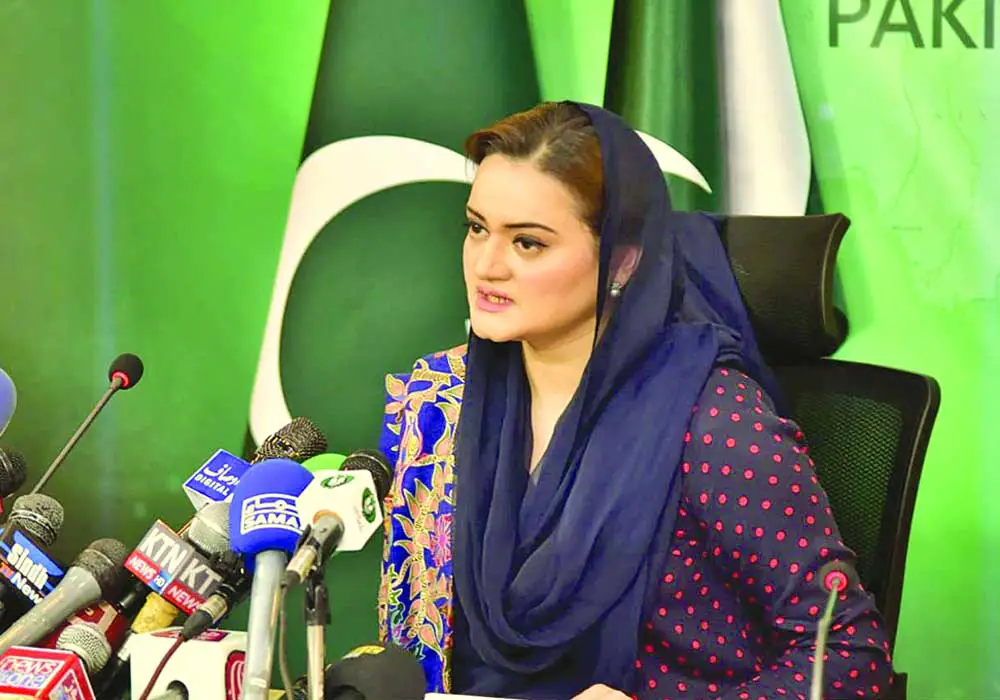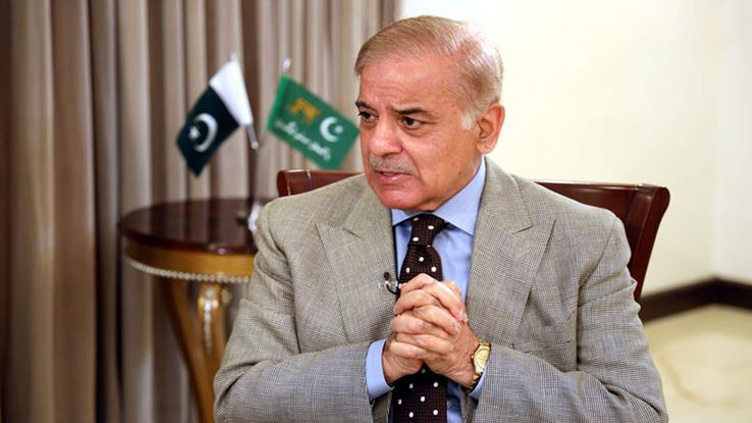


On December 29, 2024, Maryam Aurangzeb, Punjab's senior minister, announced that overseas Pakistanis have decisively rejected calls for civil disobedience, showcasing their support for the country's economic recovery by increasing remittances by 31% over the past 11 months. Aurangzeb criticized those responsible for the events of May 9, asserting that they are unable to accept Pakistan's progress and the ongoing economic improvements [1c9a4006].
In her remarks, Aurangzeb highlighted a significant reduction in inflation, which has plummeted from 38% to just 4% within eight months, alongside a decrease in the policy rate from 22% to 13% [1c9a4006]. This economic turnaround is part of the broader narrative of recovery that the Pakistani government has been promoting, emphasizing the positive contributions of overseas Pakistanis to the national economy.
The Finance Minister, Muhammad Aurangzeb, had previously assured a US delegation of the government's commitment to implementing economic reforms, noting macroeconomic progress such as a surplus in fiscal and current accounts, and foreign exchange reserves exceeding $12 billion [44af2dc7]. This aligns with the positive sentiment expressed by Maryam Aurangzeb regarding the contributions of overseas Pakistanis, which have been crucial in stabilizing the economy during challenging times.
The government's focus on economic recovery has also been reflected in the Prime Minister's recent initiatives, including the reduction of the policy rate, which aims to alleviate the debt burden and stimulate growth in key sectors like business and agriculture [37288e69].
Maryam Aurangzeb's comments also included a critique of the Pakistan Tehreek-e-Insaf (PTI) party, mocking their shifting narrative regarding the United States and expressing gratitude to overseas Pakistanis for their unwavering support during the economic recovery phase [1c9a4006].
As Pakistan continues to navigate its economic challenges, the rejection of civil disobedience by overseas Pakistanis signals a commitment to stability and progress, reinforcing the government's narrative of recovery and growth amidst political and economic turbulence.